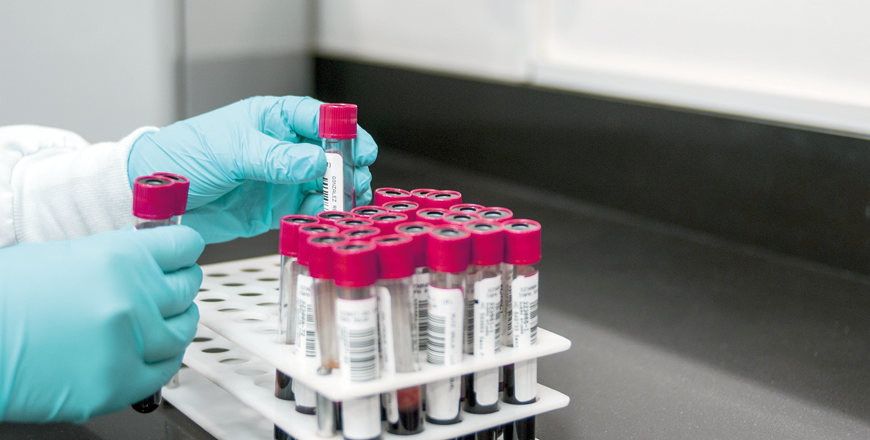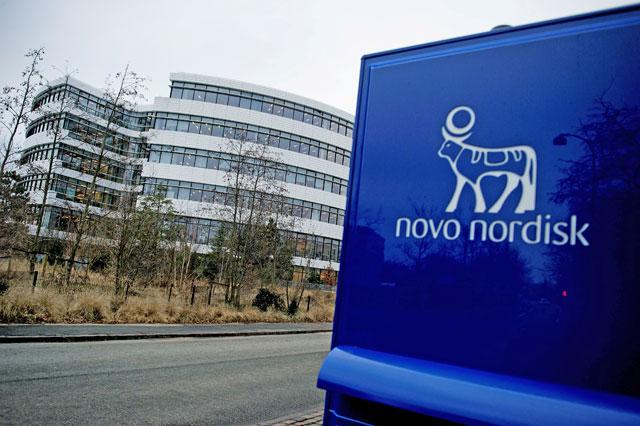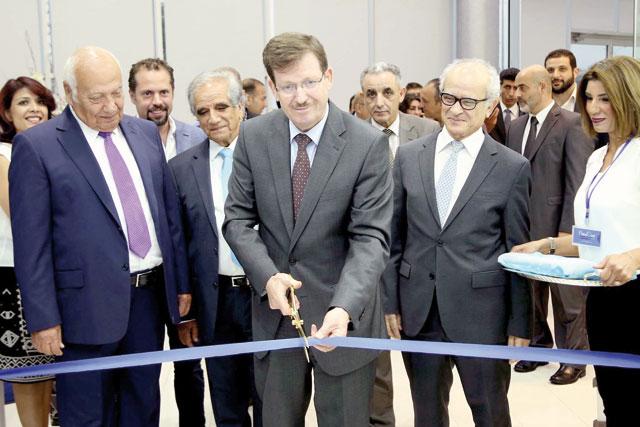You are here
Drug shortages add to struggles of haemophilia patients, caregivers
By Rayya Al Muheisen - Feb 26,2023 - Last updated at Feb 26,2023

Representative image (Photo courtesy of Pixabay)
AMMAN — Haemophilia patients are struggling with drug shortages and a general unavailability of haematologists and blood disorder centres in Jordan’s southern governorates.
Haematologist Mustafa Al Falah told The Jordan Times that haemophilia is a “rare” genetic disorder in which the blood does not form clots properly due to a lack of blood-clotting proteins, known as clotting factors.
The primary role of clotting factors is to stop bleeding, the doctor explained. People with haemophilia typically have low levels of either Factor 8 (Haemophilia A) or Factor 9 (Haemophilia B), causing their bodies to be unable to prevent bleeding from wounds or cuts, he added.
The best way to treat haemophilia is to replace the missing blood clotting factor, so that the blood can clot properly, the doctor said.
If medications containing the missing clotting factors are unavailable, haemophilia patients have to be treated by transmitting healthy plasma — which contains clotting factors — into their bodies, which is considered an outdated method of treating the disorder.
“It’s like going back 20 years back in modern medicine,” Falah said.
If haemophilia is left untreated for a prolonged period, it can lead to internal bleeding and cause long-term damage to joints, according to the haematologist.
“Why do I have to fight to secure a Factor 9 shot for my children who have both been diagnosed with haemophilia?” Isra Hussein told The Jordan Times, tearfully explaining the challenges she faces almost weekly in order to keep her children alive.
“I have to visit the emergency room weekly, and I wait for hours to give my children their medication,” Hussein added.
Without a car, the process of securing necessary medications and treatment is made more difficult, Hussein said, adding that she doesn’t mind the process, but she “at least” expects to find the necessary medications at the healthcare centre.
“Last Thursday, I burst into tears at the front door of a hospital and screamed my lungs out when the pharmacist told me that she didn’t have a factor 9 shot for my child,” Hussein said.
Hussein refused to leave the hospital without the shot, instead choosing to stay and “fight” with the medical staff to secure the medicine for her child. After a prolonged wait and many phone calls, the pharmacist was able to provide her with one shot for her child.
“This is not only my case. I stood and refused to leave, but many people are told to return the next day in hope of getting the medication. This is the case for the 500 haemophilia patients in Jordan,” Hussein added.
Hussein said that there are only two specialised haemophilia healthcare centres in the entire Kingdom, “one in Amman and the other in Zarqa”.
Hussein said that she has to have an emergency shot of Factor 9 with her at all times.
“My children are 9 and 11 years old; they bump into things, they fall, they go to school. I can’t stop them from being children. Therefore, having an emergency shot is crucial,” Hussein said.
According to Hussein, haemophilia medications are not available in Jordan’s private healthcare sector.
Um Haydar, the mother of an 11-year-old diagnosed with haemophilia, told The Jordan Times that her child was recently admitted to the Intensive Care Unit (ICU) at a hospital in Aqaba.
During his ICU stay, Um Haydar’s son was monitored and given medications by an internist, a doctor that specialises in the body’s internal organs and systems.
“I was on the phone with one of the haematologists I take my son to see in Amman all through his stay at the hospital,” Um Haydar said.
Jordanian Isam Hasanat is the father of 10-year-old Hashem, who was diagnosed with haemophilia and has since developed antibodies against the clotting factor. Hashem now requires a specific medication called “Novo 7” on a regular basis in order to treat his haemophilia.
“I live in Maan. There are absolutely no centres specialising in blood disorders in all four southern governorates — Karak, Maan, Tafileh and Aqaba — to handle Hashem’s case,” Hasanat told The Jordan Times.
Hasanat has to travel approximately 220km to Amman, or 245km to Zarqa, to see a haematologist able to cater to his child’s needs.
Although the Novo 7 medication is currently available at the healthcare centre near his house, “we often suffer from drug shortages”, Hasanat said.
“Haemophilia patients go through hardships to secure medication and see specialised doctors,” he added.
Maher Zyoud, the director of the supply unit at the Ministry of Health, told The Jordan Times that Factor 9 medication is currently available at a “limited” capacity.
“It is available at healthcare centres in case of emergency,” Zyoud added.
Zyoud noted that additional stocks of Factor 9 will be available “hopefully within two weeks”.
“As for Factor 8 and Novo 7, they are available at healthcare centres,” Zyoud said.
However, Hasanat and Hussein stated that haemophilia patients suffer from drug shortages.
“Novo 7 drug shortages happen quite often,” Hasanat said.
Hussein stated that haemophilia patients don’t have the “luxury of time” to go back to the healthcare centre the next day when medication is unavailable.
“The main concern is internal bleeding, especially in the knees, ankles and elbows. Internal bleeding can damage organs and tissues, and can cause long-term disabilities in haemophilia patients,” Hussein added.
“Having enough stock of medication at healthcare centres, and enough for haemophilia patients’ caregivers, is essential for their wellbeing. It is a life-threatening disorder,” Hussein said.
Related Articles
The Jordanian Haemophilia and Thalassemia Society on Saturday reiterated the importance of providing medication and blood units for thalassemia patients.
STOCKHOLM - Denmark's Novo Nordisk, the world's leading insulin manufacturer, announced on Monday an offer to buy the Belgian biotech
AMMAN — A new centre to extract and store stem cells to treat blood diseases opened in the capital on Wednesday, in cooperation with the Min















